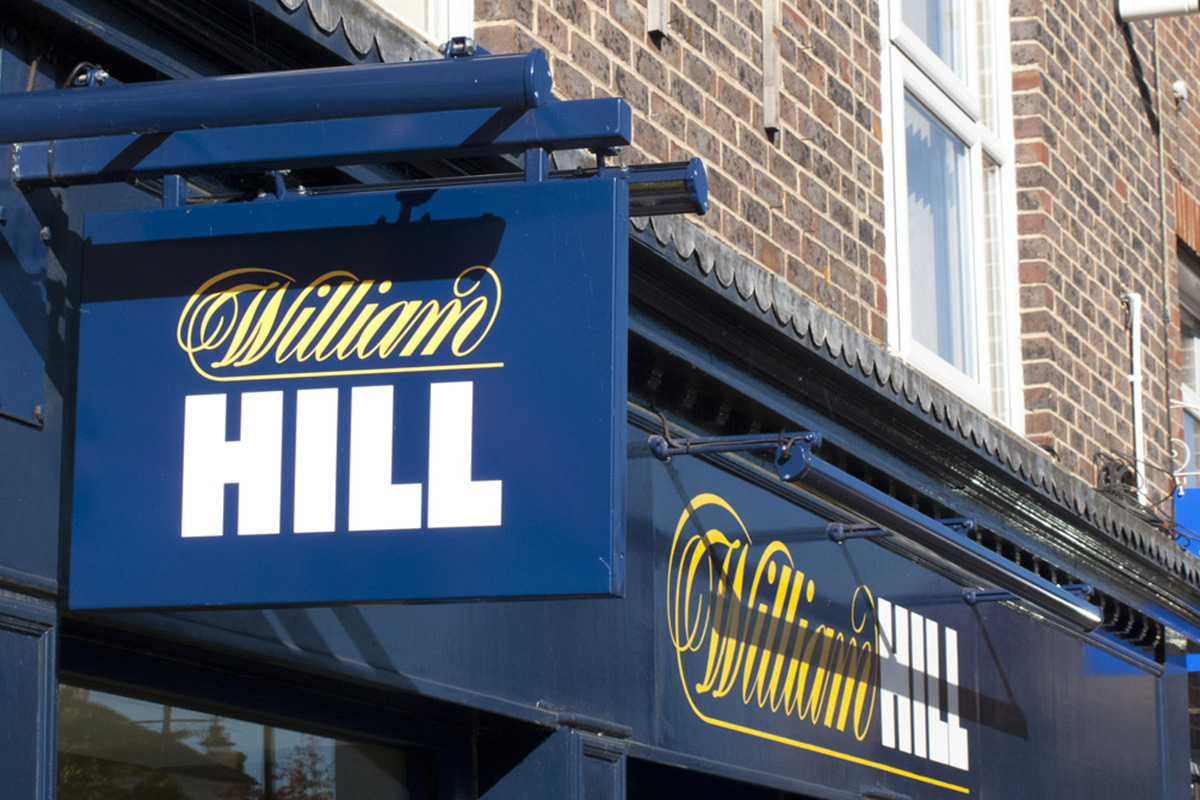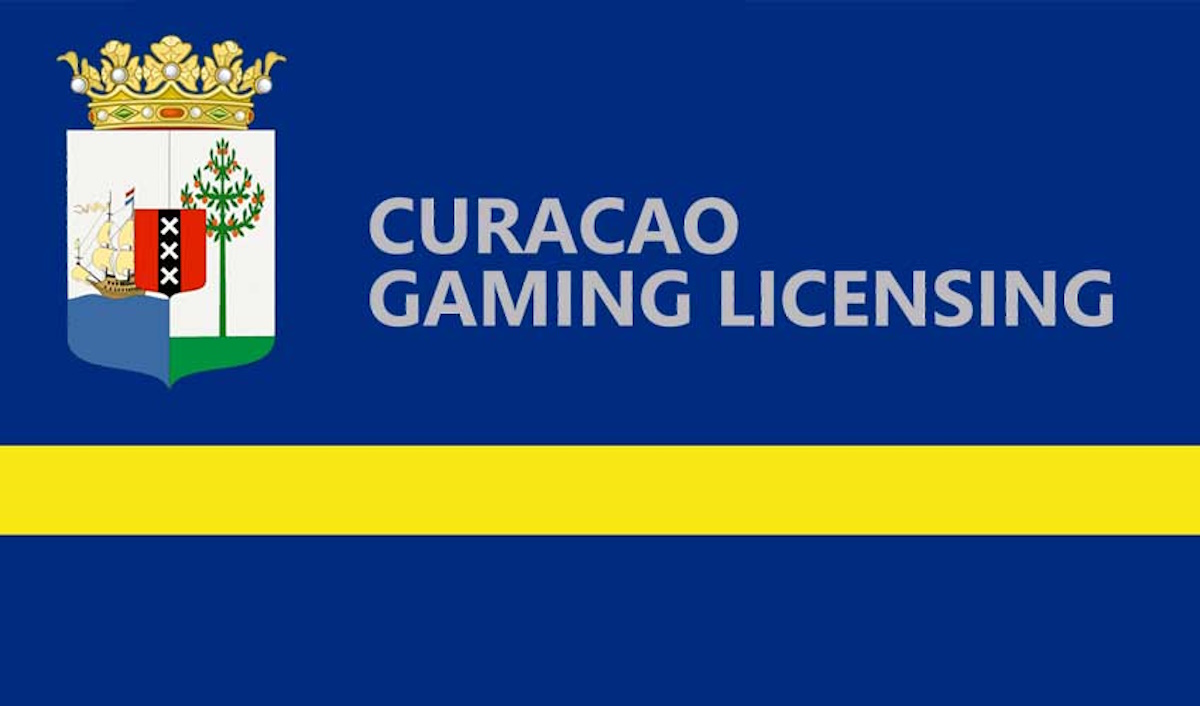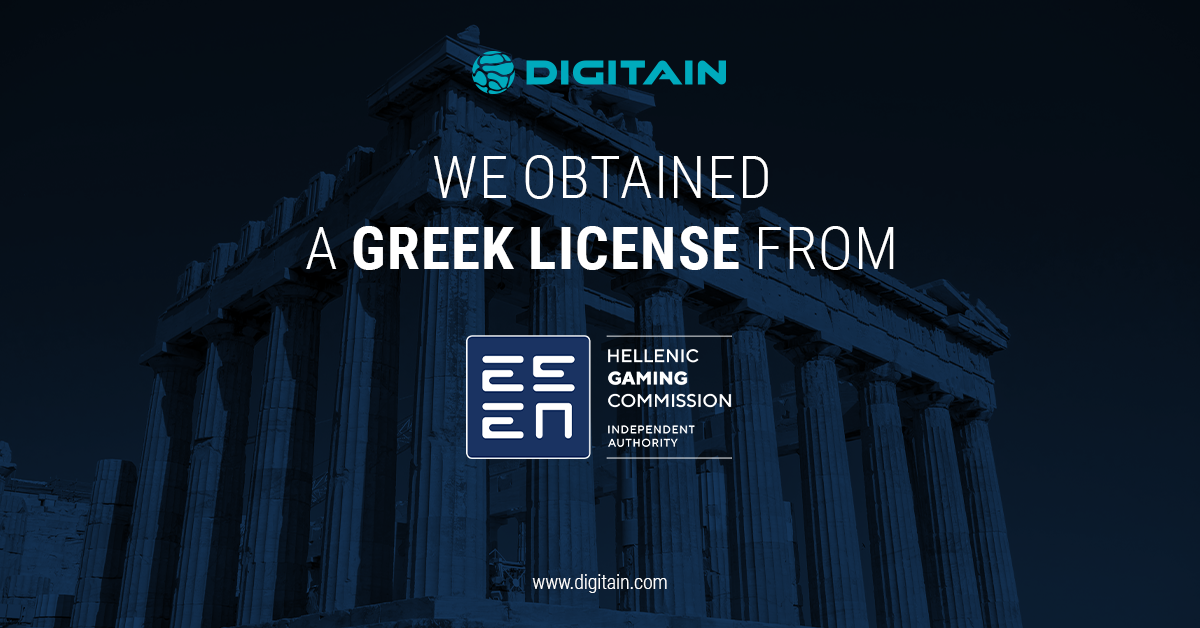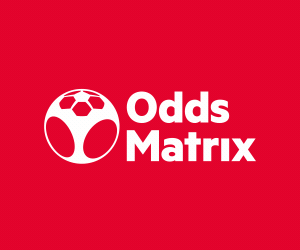Compliance Updates
UKGC: William Hill Group businesses to pay record £19.2m for failures

Three gambling businesses owned by William Hill Group will pay a total of £19.2 million for social responsibility and anti-money laundering failures.
WHG (International) Limited, which runs williamhill. com, will pay £12.5 million, Mr Green Limited, which runs mrgreen. com, will pay £3.7 million and William Hill Organization Limited, which operates 1,344 gambling premises across Britain, will pay £3 million.
Andrew Rhodes, Gambling Commission chief executive, said: “When we launched this investigation the failings we uncovered were so widespread and alarming serious consideration was given to licence suspension.
“However, because the operator immediately recognised their failings and worked with us to swiftly implement improvements, we instead opted for the largest enforcement payment in our history.”
Today’s action comes just a week after the Commission fined two operators owned by Kindred Group plc a combined £7.2 million and is the largest enforcement case taken on by the regulator. The previous largest was £17 million action taken against Entain in August last year.
Since the start of 2022 the Commission has concluded 26 enforcement cases with operators paying over £76 million because of regulatory failures.
Mr Rhodes said: “In the last 15 months we have taken unprecedented action against gambling operators, but we are now starting to see signs of improvement. There are indications that the industry is doing more to make gambling safer and reducing the possibility of criminal funds entering their businesses.
“Operators are using algorithms to spot gambling harms or criminal risk more quickly, interacting with consumers sooner, and generally having more effective policies and procedures in place.”
Social responsibility failures at William Hill businesses include:
-
- Having insufficient controls in place to protect new customers, and to effectively consider high velocity spend and duration of play until the customer may have been exposed to the risk of substantial losses in a short period:
- One customer was allowed to open a new account and spend £23,000 in 20 minutes without any checks.
- Another customer was allowed to open an account and spend £18,000 in 24 hours without any checks.
- And a third customer was allowed to open a new account and spend £32,500 over two days without any checks. (Mr Green)
- Failing to identify certain customers at risk of experiencing gambling related harm and failing to carry out checks at an early stage in the customer’s journey – one customer lost £14,902 in 70 minutes. (Mr Green)
- Failing to identify risk of harm or intervene with certain customers earlier enough – one customer lost £54,252 in four weeks without the operator seeking income evidence, carrying out adequate checks, or using any other effective method to identify risk of harm. (WHG (International) Limited)
- Having insufficient controls which exposed new or returning customers to the risk of substantial losses in a short period of time – one customer opened his account and lost £11,400 over the first 30 days without being subject to sufficient checks and another customer did not have a telephone interaction until losses reached £45,800. (WHG (International) Limited)
- Failing to apply a 24-hour delay between receiving a request for an increase in a credit limit and granting it – one customer was allowed to immediately place a £100,000 bet when his credit limit had been set at £70,000. (WHG (International) Limited)
- Ineffective controls allowed 331 customers to gamble with WHG (International) Limited despite having self-excluded with Mr Green. (WHG (International) Limited)
- Failing to identify changes in the customer behaviour which should have provoked consideration of whether the customer was experiencing harm – a safer gambling interaction was conducted only after he had placed and had accepted an £18,000 bet (William Hill Organisation Ltd (WH Retail))
- Having insufficient controls in place to protect new customers, and to effectively consider high velocity spend and duration of play until the customer may have been exposed to the risk of substantial losses in a short period:
- After its retail premise re-opened following the Covid pandemic lockdown, the operator allowed one customer to lose £10,600 in two days without a safer gambling interaction.
- Despite being unknown and staking £42,253 in 130 bets over a three-day period, staff did not identify one customer as being at risk of experiencing harms associated with gambling or undertake any customer interactions. (William Hill Organisation Ltd (WH Retail))
- Having insufficient controls in place to protect new customers, and to effectively consider high velocity spend and duration of play until the customer may have been exposed to the risk of substantial losses in a short period:
Anti-money laundering (AML) failures include:
- Allowing customers to deposit large amounts without conducting appropriate checks – one customer was able to spend and lose £70,134 in a month, another to lose £38,000 in five weeks and another to lose £36,000 in four days. (WHG (International) Limited)
- Allowing customers to deposit large amounts without conducting appropriate checks – one customer deposited £73,535 and lost £14,068 in four months (Mr Green)
- Customers were able to stake large amounts of money without being monitored or scrutinised to a high enough standard – the operator failed to request Source of Funds (SoF) evidence when one customer staked £19,000 in a single bet, did not obtain documentation from a customer who staked £39,324 and lost £20,360 in 12 days, and did not obtain SoF evidence from a customer who staked £276,942 and lost £24,395 over two months. (William Hill Organisation Ltd (WH Retail))
- Policies, procedures and controls lacked guidance on appropriate action to take following the results of customer profiling and how its findings should be used to establish the appropriate outcome. (WHG (International) Limited) and (Mr Green)
- Procedures and controls lacked hard stops to prevent further spend and mitigate against money laundering risks before customer risk profiling is completed. (WHG (International) Limited) and (Mr Green)
- AML staff training provided insufficient information on risks and how to manage them (WHG (International) Limited) and (Mr Green)
All £19.2 million will be directed towards socially responsible purposes as part of a regulatory settlement.
Additional licence conditions will also be added to ensure a business board member oversees an improvement plan, and that it undergoes a third-party audit to assess that it is effectively implementing its AML and safer gambling policies, procedures and controls.
“The settlement relates to the period when William Hill was under the previous ownership and management. After William Hill was acquired, the company quickly addressed the identified issues with the implementation of a rigorous action plan.
“The entire Group shares the GC’s commitment to improve compliance standards across the industry and we will continue to work collaboratively with the regulator and other stakeholders to achieve this. – 888 spokesperson
Compliance Updates
Acquiring a Curacao Online Gaming License in 2024: Comprehensive Analysis of Financial & Procedural Aspects with Costs & Timelines Detailed

The “Acquiring a Curacao Online Gaming License, 2024: Comprehensive Analysis of Financial & Procedural Aspects with Costs & Timelines Detailed” report has been added to ResearchAndMarkets.com’s offering.
This report includes valuable insights into the financial and procedural aspects, including detailed information on costs and timelines associated with acquiring a Curacao license.
In 2023, Curacao introduced the “Landsverordening op de kansspelen” (Ordinance on Games of Chance) to modernize and regulate gambling legislation. Since March 2020, the Gambling Control Board (GCB) has been authorized to regulate offshore gambling games and oversee the issuance of Curacao licenses. As of 2023, there are 16 companies providing legal services for registration and licensing in the territory of Curacao. The license fee, as per GCB regulations, is 36,000 ANG or 19,800 USD, payable upon license issuance.
Research Timeline and Data Relevance
The research was conducted in two stages. The first stage, studying the regulator and Open Data Search, took place in December 2023. The second stage, writing the report and partially updating the data from the first stage, took place from the end of April to the end of May 2024.
Goals and Objectives
- Describe the information about the Curacao license and the issuing regulator.
- Describe the requirements and conditions for obtaining a Curacao license.
- Describe the costs and timelines for obtaining a Curacao license.
- Briefly study the market, find and suggest the following lists:
- Legal companies offering services for company registration and obtaining a Curacao license;
- Communication agents and integrators working with the Curacao license;
- Suppliers and vendors working with the Curacao license;
- Payment systems working with the Curacao license.
Key Topics Covered:
1. Goals and Objectives
2. Research Timeline and Data Relevance
- Document Markup
- Raw and Combined Data
- Terms & Glossary
3. General Information
- The Regulator
- Registration of Operators With Sublicense
- Application for an Online Gaming License
4. Requirements and Conditions for Obtaining a License
License Conditions
- General Prohibitions
- Safe and Secure Environment
- Equipment and Application Software
- Player Registration
- Payment Transactions
- Games
- Terms of Use
- Resolution of Complaints
- Administrative Responsibilities
- Publicly Available Information
- Reports
- Policies and Procedures
- Suspension and Revocation of License
- Additional Conditions
- Supervision
Recommendations or Minimum Requirements for the Business Plan
5. The Cost of the License
6. Decision Term and the Validity of the License
7. Application Method and Forms
8. Contact Information
9. Companies for Registration and Licensing
10. Integration Companies
11. Suppliers and Vendors
12. Payment Systems
13. META
14. Appendix: Terms & Glossary
For more information about this report visit researchandmarkets.com/r/izeo6g
Compliance Updates
Digitain Obtained Greek License

Digitain obtained the A1 Manufacturer’s License from the Hellenic Gaming Commission.
Digitain, a global leader in Sportsbook and iGaming solutions, has expanded its presence in European regulated market by obtaining a B2B license from the Hellenic Gaming Commission.
Iain Hutchison, Chief Revenue Officer of Digitain, said: “We are delighted that we have attained our B2B license from the Hellenic Gaming Commission. Digitain continues to expand across multiple regulated jurisdictions, and the Greek license is a further example of our vision and that of our teams’ commitment to regulatory compliance and the exemplary standards of our platform technology and focus as a company. We look forward to having our award-winning sportsbook and Centrivo platform and much more available within the Greek market as one of continental Europe’s largest and growing regulated markets.”
Compliance Updates
Hard Rock Casino NL turns to BetComply for Netherlands launch

BetComply, iGaming’s most trusted technical and regulatory compliance firm, has partnered with iCasino, securing a Dutch licence for their recently-launched Hard Rock Casino brand.
HardRockCasino.nl operated by iCasino b.v. under a brand licence agreement announced its Netherlands launch at the start of July, having worked closely with BetComply to secure a licence from the Dutch regulator de Kansspelautoriteit (KSA) in May.
The brand will continue to work with BetComply to ensure on-going compliance within the Netherlands framework.
iCasino CEO Paul Strikers said: “It’s hugely exciting to bring such a globally renowned brand to the Dutch market for the first time. We understood early on in the process that operator compliance needed to be one of our highest priorities, and that’s why we enlisted the help of BetComply and its unparalleled expertise in the Netherlands. We thank Mike and the team for their tireless and rigorous support on our successful licence application, and look forward to building upon this partnership in the future; the first step being the application for a sports betting licence.”
BetComply Chief Compliance Officer Mike de Graaff added: “The Netherlands market has attracted some huge international brands over recent months, underlining the opportunities on offer for those who build a deep understanding of their regulatory obligations. We’ve already helped more than a third of all licence holders in the country, and with the KSA taking a proactive approach across all elements of regulation, we’ll continue to support our partners, including iCasino, as market conditions evolve.”
With recent high-profile reports of serious misconduct within the iGaming compliance space, it has never been more important to pick a trusted and reliable partner, both in the Netherlands and elsewhere.
-

 Gambling in the USA5 days ago
Gambling in the USA5 days agoGaming Americas Weekly Roundup – July 15-21
-

 Gaming5 days ago
Gaming5 days agoMainStreaming Announces Appointment of Nicola Micali as Chief Customer Officer
-

 Eastern Europe5 days ago
Eastern Europe5 days ago7777 gaming is now available on WINBET Romania
-

 Industry News5 days ago
Industry News5 days agoSafer Gambling Tools Use Hits Record High in 2023 – New Report from EGBA
-

 eSports5 days ago
eSports5 days agoINSPIRED LAUNCHES RE-PLAY ESPORTS™ FEATURING CS:GO IN PARTNERSHIP WITH KAIZEN GAMING
-

 Australia5 days ago
Australia5 days agoAustralian eSports Star Joins Team Liquid
-

 eSports5 days ago
eSports5 days agoNODWIN(R) Gaming ropes in Android as title partner for BGMS Season 3; to be powered by Garnier Men
-

 Latest News5 days ago
Latest News5 days agoSpinomenal shines again with Super Wild Fruits release





















































